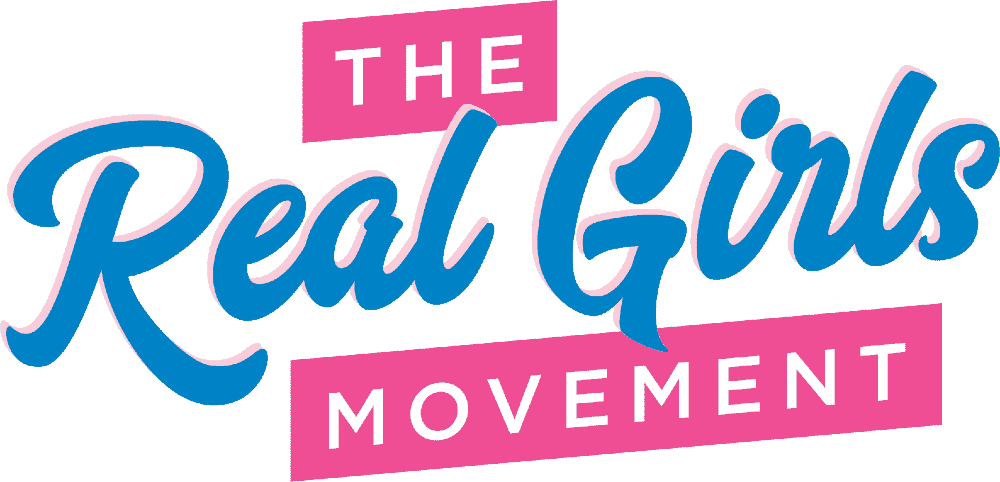Dietary protein is unique among the macronutrients in its ability to reduce fat and body weight. Unlike the other two macronutrients, fat and carbohydrate, protein preserves energy-burning muscle tissue and boosts energy expenditure because of three key characteristics exclusive to protein.
Protein based meals suppress appetite by creating a feeling of fullness.
Protein digestion and metabolism burns more calories.
Protein increases lean body mass or muscle
The recommended intake of protein is between 0.7 to 1.7 grams per kilogram of body weight depending on activity levels and whether or not you are pregnant. So – how to get more protein into your day? Include some form of protein in each meal as well as some snacks.
Great sources of protein include meat, poultry, fish, dairy, nuts, seeds, legumes and beans, and good sources include grains such as rice, quinoa and multigrain bread.
To get your recommended daily intake, you could perhaps try an omelette for breakfast, chicken or chickpeas with a sweet potato and coriander salad for lunch and for dinner, maybe a beef stir-fry.
Protein is an essential macronutrient that can facilitate fat loss and muscle maintenance if consumed in moderation. Including dietary protein in every meal can boost metabolism and preserve valuable muscle. Higher protein diets aren’t for everyone. If you have a health condition, kidney function problems or chronic disease, check with a registered dietitian or physician before starting a higher protein diet.





